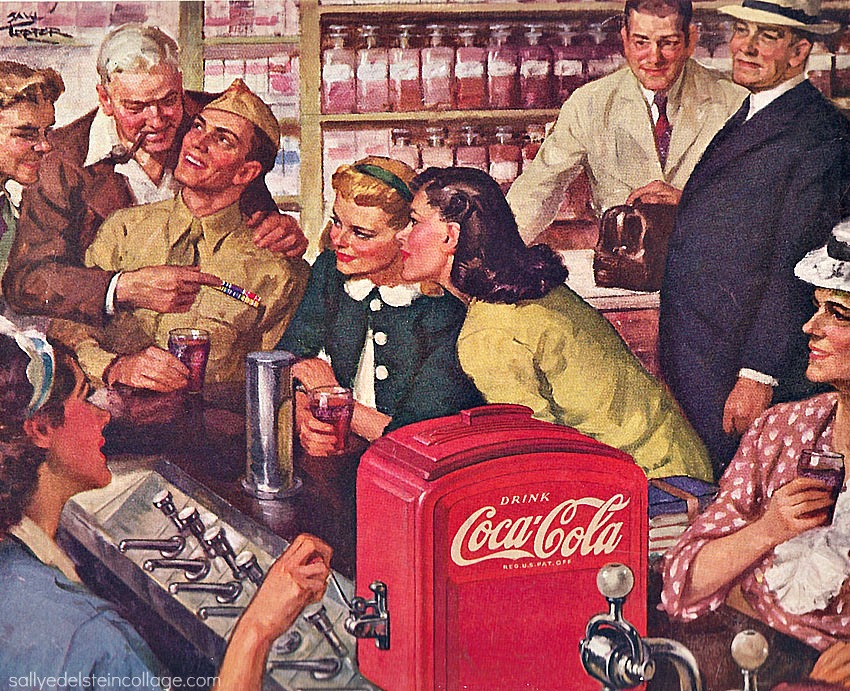- Jeep (98%)
- Hershey’s/Coca-Cola (97%)
- Levi Strauss/Disney (95%)
- Colgate (94%)
- Zippo (93%)
- Wrigley’s (92%)
- Ralph Lauren (91%)
- Kodak/Gillette (90%)
- New Balance/Harley-Davidson (89%)
- Budweiser/Marlboro (88%)
- Ford (86%)
- Louisville Slugger/Smith & Wesson (85%)
- GE (84%)
- John Deere/L.L. Bean (82%)
- Walmart (81%)
- Craftsman Tools/ Wilson Sporting Goods/Wrangler (80%)
We were curious about to see how the most patriotic of patriotic brands, the United States armed services rated. The Coast Guard, Air Force, Army, Marines, and Navy were all included in the study and, as you probably guessed, each showed up rated very highly on the list. As this was primarily a study of for-profit brands, we’re calling them out separately here and thanking all of them for their service. Advertising and marketing notwithstanding, this is Independence Day we’re talking about after all.
Sports teams showed up too: the Yankees, the Patriots, the 49ers, the Cowboys. If you’ve observed a genuine and consonant thematic when it comes to patriotism and brands, you wouldn’t be wrong. Other brands that appeared in the top-50 included Campbell’s, Gibson, GM, Jack Daniels, Kellogg’s, McDonalds, the NFL, Playboy, Sears, and Whirlpool.
All this is not to say that other brands are not patriotic, or that they don’t possess any patriotic resonance. They do. Rational aspects like being an American company, or really being “Made in the USA,” or having Nationally-directed CSR activities and sponsorships – all play a part in the total make-up of any brand, generally, and as it regards its patriotic nature and public face specifically.
But if you want to meaningfully differentiate via a brand value, if there’s believability via strong emotional engagement, good marketing just gets better. Another thing the past couple of decades has taught us is brands that make that kind of connection always have a strategic advantage over competitors when it come to the marketplace battle for the hearts, minds, and loyalty of consumers.
Happy July 4th.
Connect with Robert on LinkedIn.
Find out more about what makes customer loyalty happen and how Brand Keys metrics is able to predict future consumer behavior: brandkeys.com. Visit our YouTube channel to learn more about Brand Keys methodology, applications and case studies.
Share this:

